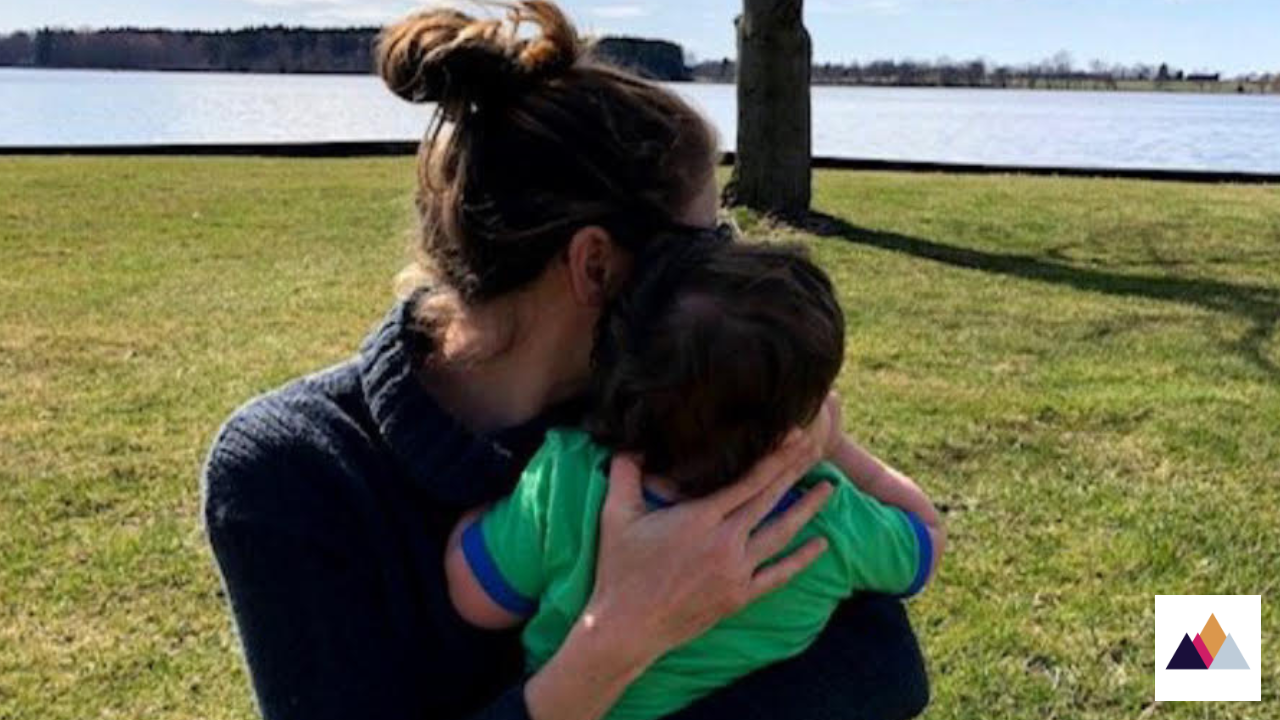Self forgiveness
Feb 02, 2024
How do we forgive ourselves for using strict behavioral approaches that contributed to the burnout our PDA children and teens experienced?
How do we give ourselves grace for not accommodating our PDAer in meltdown because we were so triggered ourselves?
These are questions that came up yesterday in the Paradigm Shift Program in our live bonus session with Donna Georgen, who discussed the unique challenges of raising PDA tweens, teens and complex cases (PDA children with more than one challenge – down syndrome, chronic illness, allergies, PANS/PANDAS, OCD, etc.).
And they are questions that come up again and again for me, both in my work with parents, and in my life as a mom.
As we deepen our awareness of how our child’s brain works, so many of us have a moment when something clicks and we realize that many of the parenting approaches we had accepted as “good” and “right” are actually prompting our child to have repeated panic attacks.
This realization often comes when our child or teen reaches burnout and it is no longer possible to question whether “things are working.” We look back on the firm boundaries that seemed important – saying “hi” to a grandparent upon arrival, picking up shoes and putting them away, doing chores, or finishing homework – and they feel trivial compared to the tradeoff of not eating, sleeping, leaving the bedroom, or attending school altogether.
When I started to learn about PDA I remember looking back and realizing I traumatized my own child.
When he was about four years old and his aggressiveness escalated, I responded with stricter boundaries and tougher consequences – as every pediatrician and teacher recommended. I used the 1-2-3 Magic approach and put my son in time outs with the door closed. He would scream, lay on his back and try to knock down the door with adrenaline/terror-fueled kicks, but the book told me to hold the door shut if needed.
When I look back my heart breaks for my son. And it also breaks for me.
I was so utterly confused, gripping the doorknob tight, tears streaming down my face, trying desperately to be “consistent” and a “good parent.” It was as if decades of societal norms pressed down on me as I pulled that door shut, shattered inside by the sound of my son’s cries.
Later, when he was in burnout and I learned about PDA, I apologized to him.
I’m sorry I made you do timeouts when I didn’t know how your brain worked. I will never do that again.
There was no flicker of recognition in his face when I spoke those words. I didn’t even know if he had understood or heard me. He was shut down, selectively mute or growling in response to my attempts at spoken communication, and even my physical proximity seemed to set off his threat response (with good reason – his subconscious brain perceived me as DANGER).
But eventually, as trust built between us and with IMMENSE patience of his timeline, he would randomly – out of the blue – bring up the timeouts or the “time when I didn’t understand how his brain worked” and we would talk about it.
The first time he brought it up was at least six months later, and he had tears in his eyes.
This whole process – waiting six months for a response to an apology – was like planting a seed deep in the soil, totally unsure if it would sprout and then tending that soil with the sunlight of constant 1:1 attention and safe nervous system presence. Without knowing if the seed would ever sprout.
Every time he brought up the timeouts my heart broke – for what he’d been through, and in gratitude that he would talk about it with me. I knew then that he was healing.
But in those moments I also knew that I had not. And that the first step to doing so was forgiving myself.
It’s been a significant challenge for me, and I learned my son was PDA before he was six years old. In the live session yesterday we discussed how much harder self-forgiveness can be for parents of teens and internalized PDAers, many of whom used traditional parenting methods for a decade longer than I did.
But a few key points emerged in our conversation with Donna yesterday.
First - it’s never too late.
Second – rather than focusing on individual “fault” we can recognize that we are all operating inside societal and institutional structures that incentivize and pressure us *not* to accommodate our children’s challenging behavior.
And third – navigating the guilt, shame, and sadness we feel about parenting based on the wrong logic for our particular child begins with radical self-compassion.
It does not serve anyone – not us or our children – if we beat ourselves up or blame ourselves for what we didn’t know or understand back then. We have the choice to act differently now.
This morning I decided to return to one of Tara Brach’s meditations that has supported my self-forgiveness over the years. If it feels aligned for you to do so, I invite you to give it a listen. It helps me to soften my self-judgement, and that helps me heal.
Want my blog posts in your inbox?
Most weeks we send two emails. You can unsubscribe any time.

